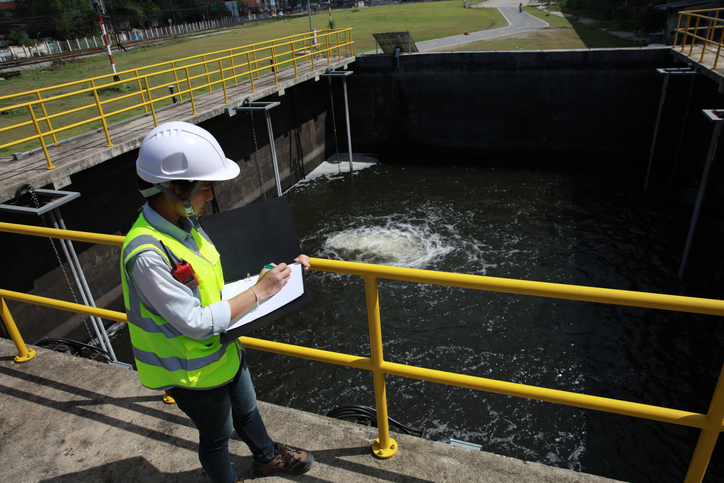Our response to Ofwat’s proposal to improve asset management maturity of water companies

We welcome the opportunity to respond to Ofwat’s proposal to improve the way water companies manage their infrastructure.
Overall view
Customers rely on the long-term health of water networks, and poor asset management directly affects the quality, reliability, and cost of service. It’s in the public interest for Ofwat to require a much more strategic, forward-thinking approach to asset care. We agree with the intent to raise standards, but have concerns about risks, enforcement, transparency, and customer outcomes (set out below).
As many of the consultation questions are aimed at water companies on issues around standards compliance, technical reporting and assessment methodologies, we offer a consumer perspective on the sections of the consultation below.
Removal of Condition L
We support Replacing Condition L but only if protections are not lost. Condition L gave at least some protection by requiring company attention to underground assets. Removing it without a strong and enforceable replacement could leave gaps, so Ofwat must demonstrate that the new licence condition is tougher, enforceable, and transparent.
Attaining International Organisation for Standardisation (ISO) certification
The requirement for companies to attain ISO 55001 certification is a positive step, but certification alone doesn’t guarantee good performance. There is a risk that some companies may treat it as a tick-box exercise, while self-assessment tools (like the SAM+ method explained in the consultation) could be gamed or lack credibility without external scrutiny.
There has been recent public and media concern about water companies ‘marking their own homework’, so Ofwat needs to ensure there is independent, accredited verification of maturity assessments and set minimum acceptable maturity levels and clear timescales for improvement.
Demonstrating maturity
Customers currently have little insight into the condition of their water infrastructure, or the actions companies are taking to increase resilience. In this context, Ofwat should:
- Publish maturity scores and ISO certification status for each company.
- Require companies to explain in plain language how they are managing assets and how it benefits customers.
- Use the information to support incentives or penalties at future price reviews (by either Ofwat or the successor regulator).
Ongoing monitoring
Asset maturity should not become an internal technical exercise. It must be linked to actual outcomes that customers care about, including:
- Lower leakage.
- Fewer supply interruptions.
- Better environmental protection.
- Sewer flooding and pollution incidents
Ofwat should monitor whether improvements to asset management translate into better service and lower long-term costs and intervene if they don’t.
Enforcement
We are concerned that companies might comply on paper, but not in practice. To address this risk, Ofwat should:
- Retain the right to intervene directly where companies fall short.
- Build sanctions into the licence condition or the price review process where companies fail to comply.
- Clearly define what happens if a company fails to improve or falsely reports progress.



